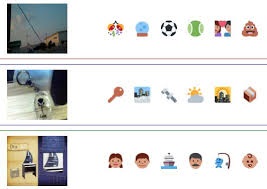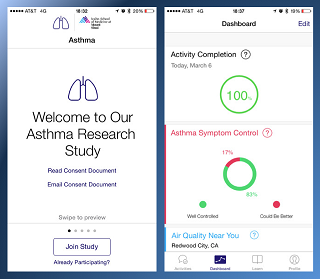 The impact of 3D printing in the field of medicine has been impressive; from fully customized implants, medical supplies and braces to bioprinting blood vessels, the list of objects that have already been successfully printed in this field demonstrates the potential that this technology holds for healthcare in the near future. This technology stands to revolutionize the pharmaceutical manufacturing industry, with possibilities that sound straight out of science fiction. The first 3D printed pill was approved last year by the Food and Drug Administration to treat epilepsy. While there are several significant concerns that need addressing before 3D pharmaceutical printing technology goes mainstream, the benefits are well worth exploring.
The impact of 3D printing in the field of medicine has been impressive; from fully customized implants, medical supplies and braces to bioprinting blood vessels, the list of objects that have already been successfully printed in this field demonstrates the potential that this technology holds for healthcare in the near future. This technology stands to revolutionize the pharmaceutical manufacturing industry, with possibilities that sound straight out of science fiction. The first 3D printed pill was approved last year by the Food and Drug Administration to treat epilepsy. While there are several significant concerns that need addressing before 3D pharmaceutical printing technology goes mainstream, the benefits are well worth exploring.
Category Archives: Tech Zone
Emoji Search Engine for Video Searches
 If you’ve ever had a difficult time coming up with the right words to search for your favorite YouTube video, you’ll likely find relief with Emoji2Video. The new search engine, created by researchers at the University of Amsterdam and Qualcomm Research, allows you to search with an emoji, and according to MIT Technology Review, gives “a dense, easy-to-understand representation of what’s happening in images and videos.” The emoji-based searching being utilized here analyzes visual media directly, rather than relying solely on user-generated information such as titles and tags. This creates a new level of relevancy, where the searcher can potentially get results that actually contain what they are looking for, rather than a claim by the uploader that the video is relevant.
If you’ve ever had a difficult time coming up with the right words to search for your favorite YouTube video, you’ll likely find relief with Emoji2Video. The new search engine, created by researchers at the University of Amsterdam and Qualcomm Research, allows you to search with an emoji, and according to MIT Technology Review, gives “a dense, easy-to-understand representation of what’s happening in images and videos.” The emoji-based searching being utilized here analyzes visual media directly, rather than relying solely on user-generated information such as titles and tags. This creates a new level of relevancy, where the searcher can potentially get results that actually contain what they are looking for, rather than a claim by the uploader that the video is relevant.
Apple’s ResearchKit Put Into Practice
 Mount Sinai Hospital, one of the first hospitals to utilize Apple’s ResearchKit platform for its Asthma Health app, has recently announced the initial results of a 6-month study that included over 8,600 participants. The app enabled individuals with asthma to participate in a large-scale medical research study by simply using their Apple iPhones. One of the advantages of app-enabled research is the potential broad reach to recruit a population beyond the hospital itself – for this study, 87% of participants lived outside of New York and New Jersey. And what of the data that’s been collected from asthma patients? According to the press release, a newly added function can now link the data into electronic health records at Mount Sinai and certain other facilities, and “may be of great value to the pulmonologists and other clinicians providing care.”
Mount Sinai Hospital, one of the first hospitals to utilize Apple’s ResearchKit platform for its Asthma Health app, has recently announced the initial results of a 6-month study that included over 8,600 participants. The app enabled individuals with asthma to participate in a large-scale medical research study by simply using their Apple iPhones. One of the advantages of app-enabled research is the potential broad reach to recruit a population beyond the hospital itself – for this study, 87% of participants lived outside of New York and New Jersey. And what of the data that’s been collected from asthma patients? According to the press release, a newly added function can now link the data into electronic health records at Mount Sinai and certain other facilities, and “may be of great value to the pulmonologists and other clinicians providing care.”